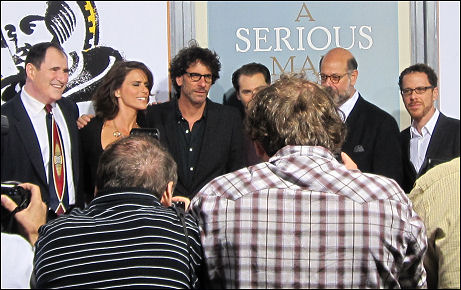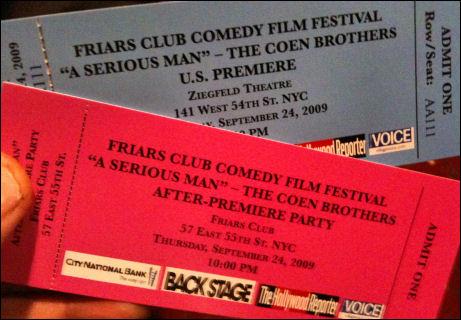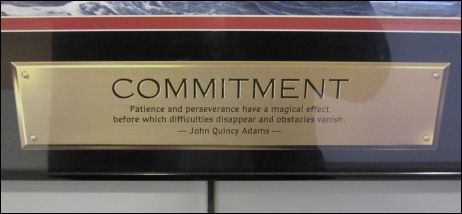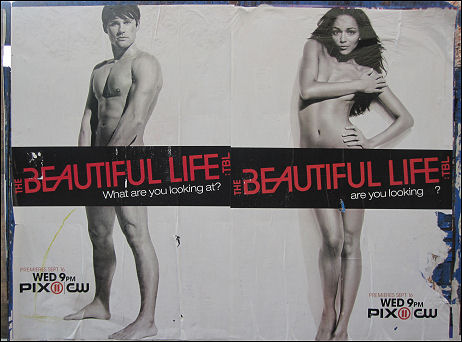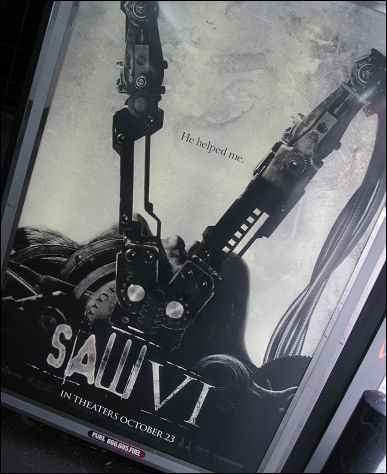1. Werner Herzog’s Rogue Film School will be in the form of weekend seminars held by Herzog in person at varying locations and at infrequent intervals.
2. The number of participants will be limited.
3. Locations and dates will be announced on this website and Werner Herzog’s website: www.wernerherzog.com approximately 12 weeks in advance.
4. The Rogue Film School will not teach anything technical related to film-making. For this purpose, please enroll at your local film school.
5. The Rogue Film School is about a way of life. It is about a climate, the excitement that makes film possible. It will be about poetry, films, music, images, literature.
6. The focus of the seminars will be a dialogue with Werner Herzog, in which the participants will have their voice with their projects, their questions, their aspirations.
7. Excerpts of films will be discussed, which could include your submitted films; they may be shown and discussed as well. Depending on the materials, the attention will revolve around essential questions: how does music function in film? How do you narrate a story? (This will certainly depart from the brainless teachings of three-act-screenplays). How do you sensitize an audience? How is space created and understood by an audience? How do you produce and edit a film? How do you create illumination and an ecstasy of truth?
8. Related, but more practical subjects, will be the art of lockpicking. Traveling on foot. The exhilaration of being shot at unsuccessfully. The athletic side of filmmaking. The creation of your own shooting permits. The neutralization of bureaucracy. Guerrilla tactics. Self reliance.
9. Censorship will be enforced. There will be no talk of shamans, of yoga classes, nutritional values, herbal teas, discovering your boundaries, and Inner Growth.
10. Related, but more reflective, will be a reading list: if possible, read Virgil‘s “Georgics”, Ernest Hemingway‘s “The Short Happy Life of Francis Macomber,” “The Poetic Edda,” translated by Lee M. Hollander (in particular “The Prophecy of the Seeress”), Bernal Diaz del Castillo‘s “True History of the Conquest of New Spain.”
11. Follow your vision. Form secretive Rogue Cells everywhere. At the same time, be not afraid of solitude.

